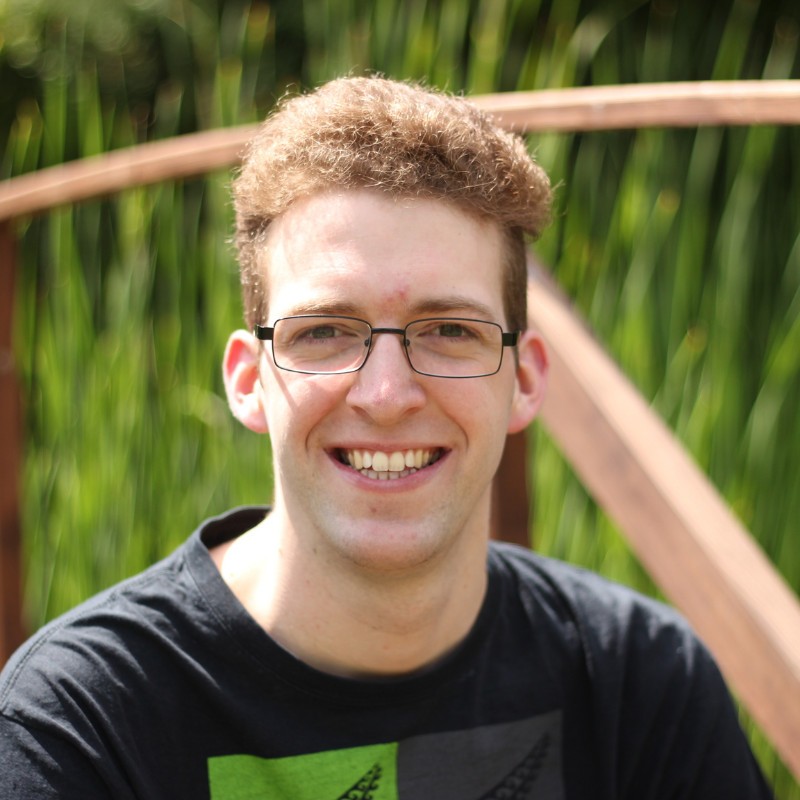‘Entrusting our health to AI?’: Alumni Festival 2023
Join us for a discussion about whether Artificial Intelligence (AI) can really transform healthcare in the 21st century, as many doctors and scientists claim, and whether we should trust it. This event is part of the University’s 2023 Alumni Festival, which brings together alumni from around the world to discover the latest fascinating research and reconnect with fellow alumni.
Andrew Blake, Professorial Fellow in Machine Intelligence at Clare Hall, will be talking with Alicia Curth, Srijit Seal and Stefan Heimersheim, all of whom have studied for Doctorates in the College.
Please register through this link by 18 September 2023, 12.00pm BST, and read more about the event here.
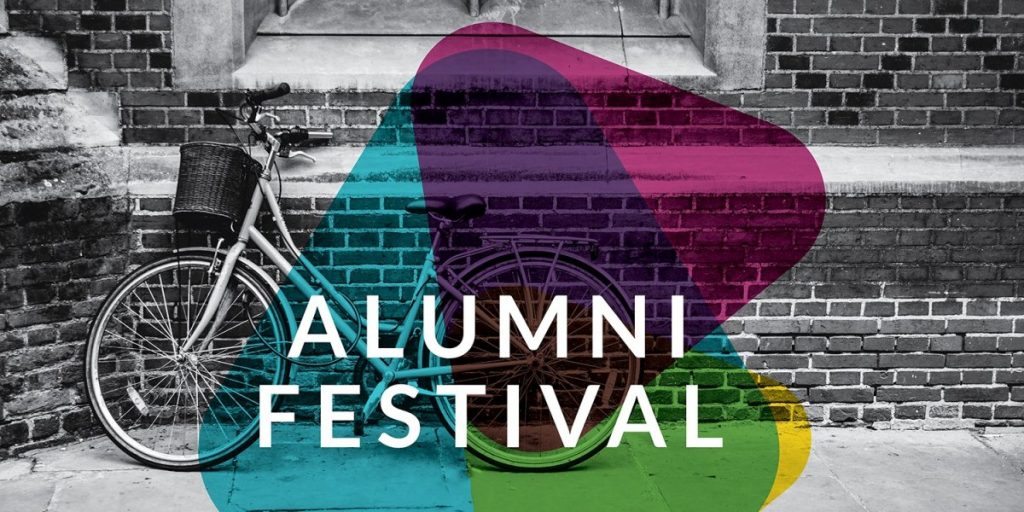
One of the first areas of AI to impact healthcare has been image processing, leading to the controversial suggestion by one prominent scientist in 2016 that “we should stop training radiologists now”, on the grounds that AI would be doing their job within five years. (Note: radiologists are still hard at work). AI can also contribute in another way by helping to predict the effectiveness of a treatment for an individual patient, rather than on average for a population. That could improve quality of life and save resources — indeed one prominent UK physician said in 2018 that “AI may be the thing that saves the NHS”. Another big opportunity is in biochemistry and the discovery of new drugs, where AI is contributing new insights into cells and how particular chemicals affect them. And as always with AI, there are the ever-present questions about whether and how far we can trust it. Our discussion will touch on each of these exciting and important issues.
Speakers
Andrew Blake (Professorial Fellow, Clare Hall)
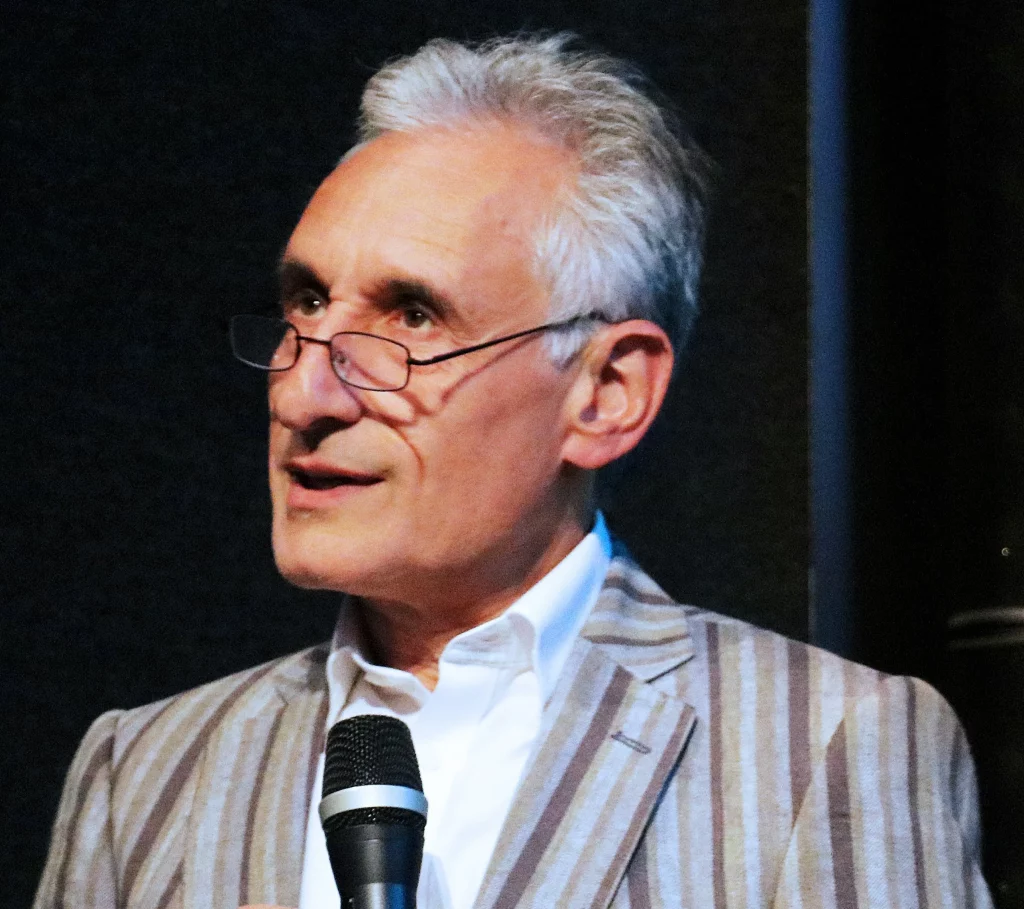
Andrew Blake, PhD, FREng, FRS, is a pioneer in the development of the theory and algorithms that make it possible for computers to behave as seeing machines. His interests are primarily in image processing and segmentation as optimisation, on visual tracking as probabilistic inference, and on real-time, 3D vision.
Professor Blake has been Director of Microsoft Research in Europe (2010-15), inaugural Director of the Alan Turing Institute (2015-18), and Chair of Samsung AI in Cambridge (2018-22). Currently he is a consultant in Artificial Intelligence: Scientific Adviser to the FiveAI autonomous driving company, recently acquired by Bosch, and Chief Scientific Adviser at Mantle Labs. Recently he has been consulting for Samsung, Siemens and the UK Stock Exchange.
Alicia Curth is a final-year PhD student at the University of Cambridge, working in the area of Machine Learning (ML) for healthcare. Most of her research focuses on how to best use ML to estimate personalized causal effects of treatments, but she is broadly interested in many topics relating to causality, missing data, distribution shifts and statistical machine learning more generally.
Although Alicia is a ML researcher today, she is an applied statistician at heart and most of her research therefore reflects her desire to connect ideas from applied statistics with machine learning. She holds a BSc in Econometrics and Operations Research (summa cum laude) and a BSc in Economics and Business Economics (summa cum laude) with specialisation in Policy Economics from the Erasmus University Rotterdam, and a MSc in Statistical Science (with distinction and a prize for the top performance in the cohort) from the University of Oxford. She also briefly worked as a data scientist evaluating the effectiveness of marketing campaigns, and as a research intern at Pacmed, a Dutch start-up bringing ML solutions to clinical practice.
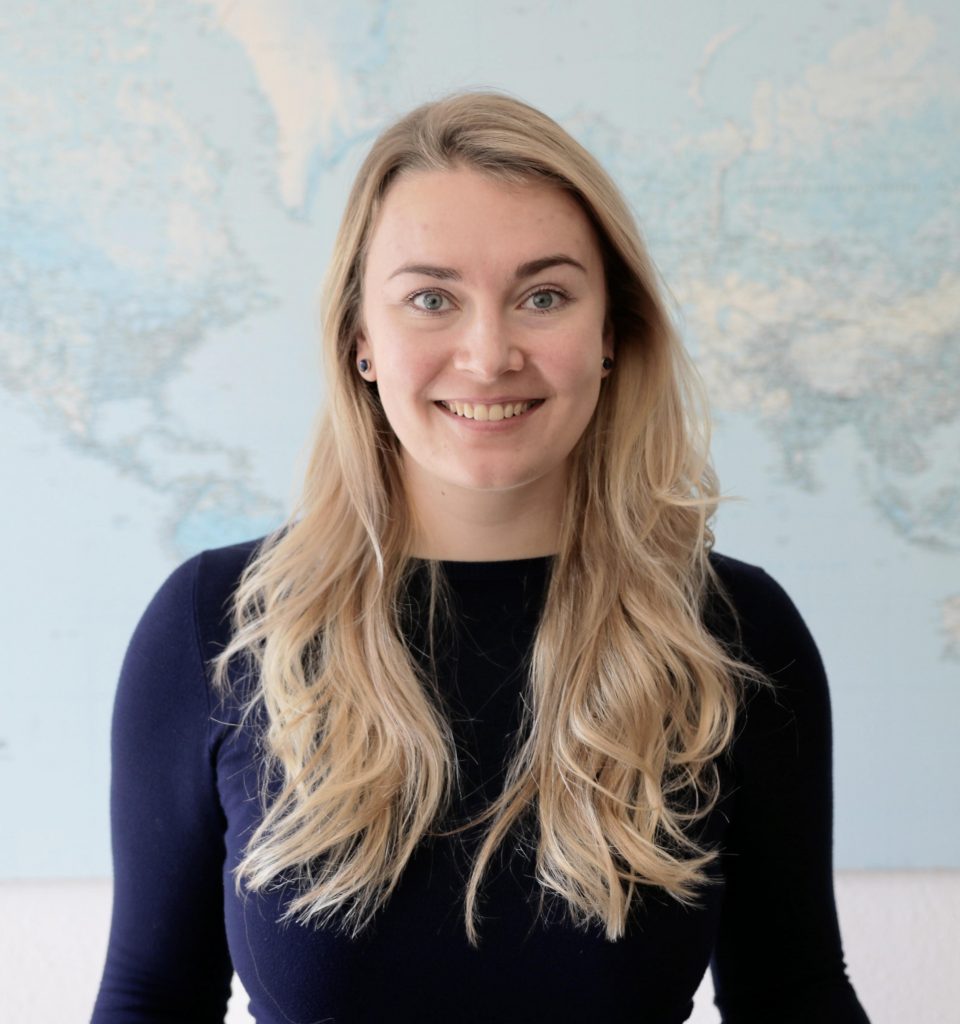
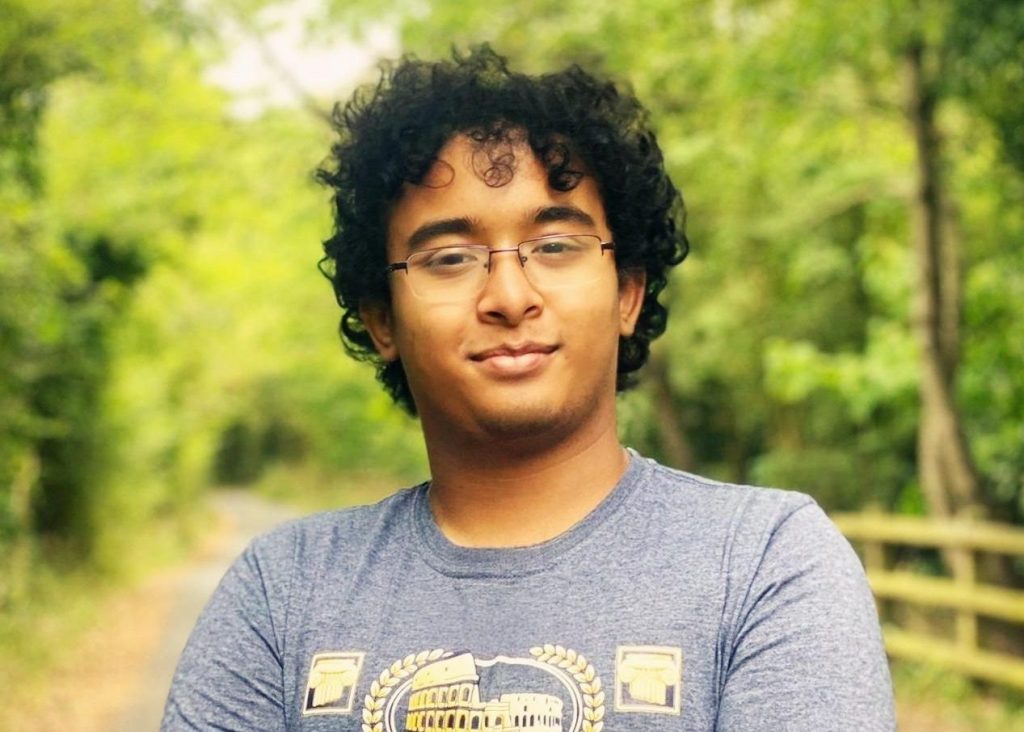
Srijit Seal is a researcher specializing in chemoinformatics. His research is centred on using machine learning techniques, particularly modelling and interpretation of the Cell Painting assay, to predict drug bioactivity, safety, and toxicity. Seal actively engages in academic outreach, promoting the understanding of Artificial Intelligence and delivering seminars on its applications in drug discovery.
He completed his BSc at St. Stephen’s College, University of Delhi, and his MPhil in Chemistry at the University of Cambridge. He is currently a final-year PhD student in Chemistry at the University of Cambridge.
Stefan Heimersheim is a SERIMATS scholar researching Mechanistic Interpretability of Transformers and AI Alignment. He completed his Master’s in Physics at RWTH Aachen University. He completed the AGI Safety Fundamentals Programme at Effective Altruism Cambridge in 2021 and the advanced track for Machine Learning Safety Scholars (MLSS) at the Center for AI Safety in 2022. He also spent time working as a Machine Learning Alignment Theory Scholar at the Stanford Existential Risks Initiative in early 2023. He is the Society Events Officer at the Cambridge Existential Risks Initiative and is currently a final-year PhD student in Astronomy at the University of Cambridge.
